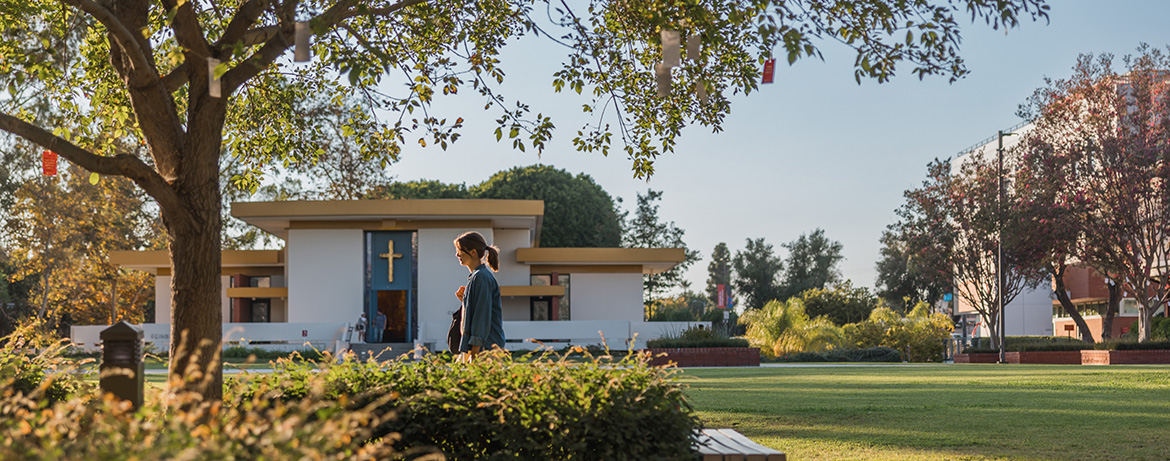
Biola is committed to continually fostering a biblical approach to diversity and inclusion across the institution and to live into the theological statement, Unity Amidst Diversity, so that increasingly Biola is known for a spirit of reconciliation and belonging. By centering on unity Biola will live into Jesus’ high priestly prayer for the church in John 17 that we may be one. This spirit of reconciliation and belonging is consistent with Biola’s biblical and founding vision.
- Our biblical vision is a reconciling vision, for as Christ reconciled himself to us he also gave us as children of God the ministry of reconciliation and entrusted us with the message of reconciliation as peacemakers (2 Cor. 5:18-19, Col. 1:20).
- Our founding vision is a belonging vision, that we privilege no person or group above another, living into Lyman Stewart’s 1913 words that all people regardless of race, color, class, creed or previous condition, will ever be welcome to our privileges.
Biola will be strengthening the biblical mission toward unity by establishing a Unity in Diversity Council during the 2024-2025 academic year that will report to the Office of the President.
